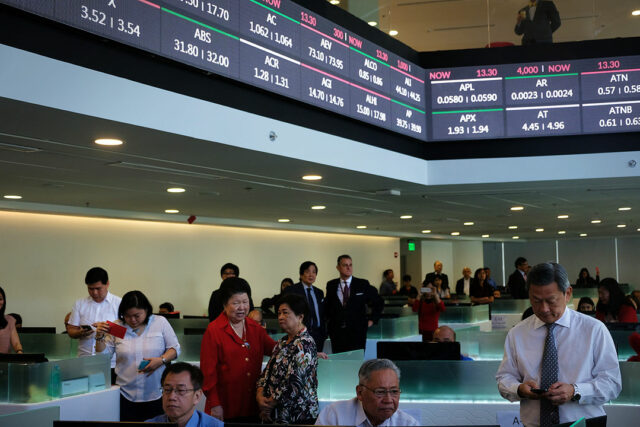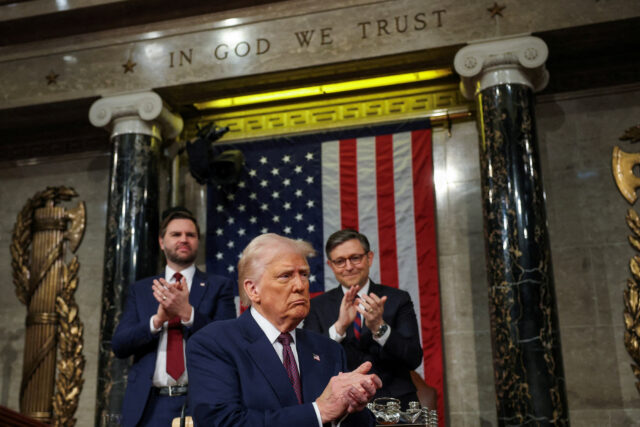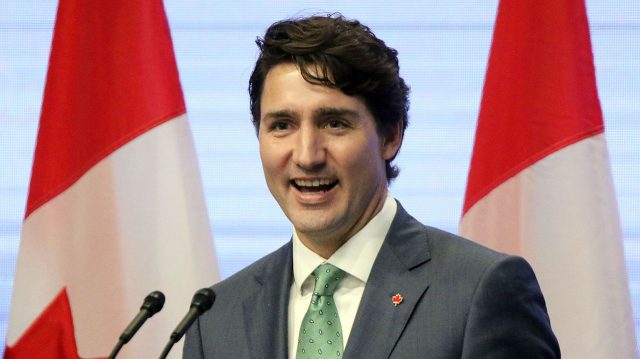Work-from-home rules under CREATE MORE
How can we forget that time in our lives when we were all forced to stay home? Our homes served as our refuge, and for many of us, they also turned into our workplaces. Undeniably, the work-from-home (WFH) arrange-ment has allowed businesses to continue as we navigated the pandemic.
Post-pandemic, WFH, or at the very least, hybrid/remote work set-ups, became the preferred option, particularly for the Information Technology-Business Processing Outsourcing (IT-BPO) industry. Section 309 of the Tax Code, as amended by the Corporate Recovery and Tax Incentives for Enterprises Act (CREATE), required business enterprises registered with Incentives Promotion Agencies (IPA) operating within an ecozone overseen by the Philippine Economic Zone Authority (PEZA) must exclusively maintain operations within the “geographical boundaries” of the ecozone (or the IT facility or building in the case of the IT-BPO industry).
In recognition of the IT-BPO industry’s contribution in sustaining our economy during the pandemic, a one-time transfer of registration from PEZA to the Board of Investments (BoI) was allowed. The transfer to the BoI enabled PEZA IT-BPO registered business enterprises (RBEs) to continue with their 100% WFH arrangements for existing projects at the time of transfer. The PEZA, however, retained its supervisory functions; thus, enterprises are still gov-erned by its compliance requirements.
While the one-time transfer has helped address the concerns about currently registered projects, it does not extend to new and future projects that the IT-BPOs may have. As such, some investors deferred future investment considering that the available options are limited to either registering the new project with PEZA and adopting full onsite work, or to register with BoI for full WFH benefits — a choice that is not as easy as it may seem.
As noted above, since the “transferred” IT-BPO enterprises remain under PEZA, registering a new project with BoI would entail being registered with two different IPAs. Some RBEs find this administratively burdensome as they would need to deal with two sets of rules and reporting requirements.
The other option is to register with PEZA, which means that the new project has to operate 100% onsite. From a hiring perspective, this did not seem enticing as most talent now seek flexibility, preferring WFH or at the very least, a hybrid arrangement. Full onsite work is not a viable option anymore if RBEs want to remain competitive.
Fortunately, the recently introduced Corporate Recovery and Tax Incentives for Enterprises to Maximize Opportunities for Reinvigorating the Economy (CREATE MORE) Act now provides more flexibility with the amendment of Section 309. PEZA RBEs are now allowed to “institute a telecommuting program” under the rules of the Telecommuting Act, which includes WFH arrangements of up to 50% of total workforce, subject to other rules to be formulat-ed by the host IPA.
The Telecommuting Act defines telecommuting as “work from an alternative workplace with the use of telecommunications and/or computer technologies.” Since the law took effect in 2018, a few IT/BPO RBEs started imple-menting it through duly issued Letters of Authority from PEZA, though on a very limited scale. It was, however, only during the pandemic when alternative working arrangements were seriously explored.
Under CREATE MORE, new projects can be registered with PEZA without the need to do full onsite work. Moreover, this option is no longer limited to the IT-BPO industry. RBEs operating in ecozones belonging to other industries may also adopt telecommuting/WFH arrangements. For instance, an export manufacturing enterprise can allow its employees whose functions do not necessarily require full-time onsite work, such as human resource and finance workers, to work remotely.
As clarified in the rules implementing CREATE MORE, the telecommuting/WFH rule only applies to those registered with IPAs administering ecozones, as they are covered by the territorial limitations under Section 309. Those not operating within the ecozone and thus, not geographically bound, are not affected by these provisions. As such, RBEs registered with the BoI are still allowed to operate 100% remotely. Moreover, existing projects whose registrations were previously transferred from PEZA to BoI are allowed to continue adopting full WFH arrangements.
In terms of non-compliance with the 50% threshold for WFH arrangements, CREATE MORE imposes the regular corporate income tax rate only on the excess over the threshold. The excess is computed by averaging all excesses of the RBE in the month of non-compliance. This is a more reasonable penalty as opposed to the old all-or-nothing rule and where the registration with the IPA may be revoked upon failure to comply with the full onsite work re-quirement.
To implement these rules, the IPAs will be issuing guidelines to govern registration of new projects adopting the telecommuting/WFH arrangements, including the movement of capital equipment and other assets within and outside the economic zones, in consultation with the Bureau of Customs.
The way people work has indeed evolved. From being “stuck” at home during the pandemic and at the office after it, we now see opportunities beyond territorial boundaries. Location is no longer an issue to make things work. I hope this flexibility towards hybrid/remote work will pave the way to greenlighting more new investments entering the Philippines.
The views or opinions expressed in this article are solely those of the author and do not necessarily represent those of Isla Lipana & Co. The content is for general information purposes only, and should not be used as a substitute for spe-cific advice.
Aimee Rose Dela Cruz is a director at the Tax Services department of Isla Lipana & Co., the Philippine member firm of the PwC network.
+63 (2) 8845-2728
aimee.rose.d.dela.cruz@pwc.com






![basketball [freepik]](https://www.bworldonline.com/wp-content/uploads/2025/03/basketball-freepik-640x444.png)





